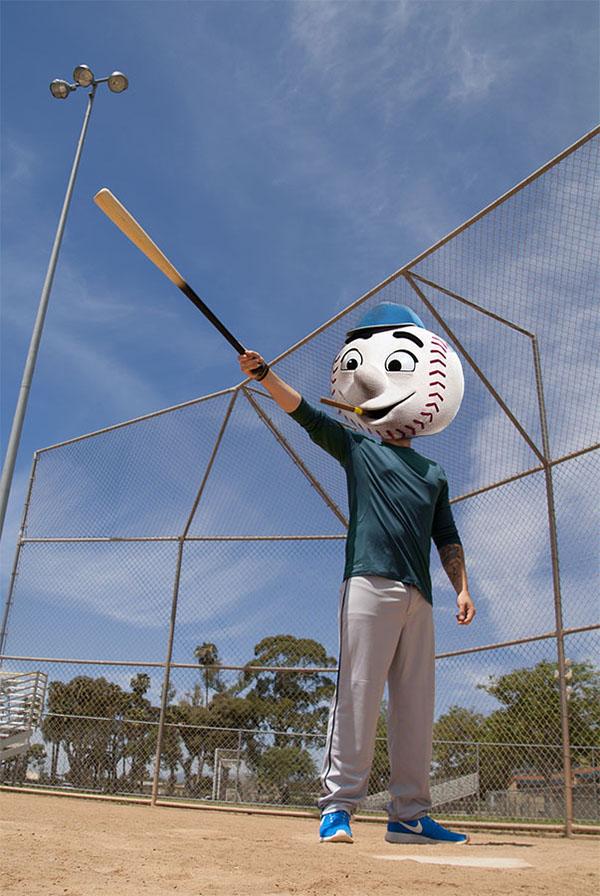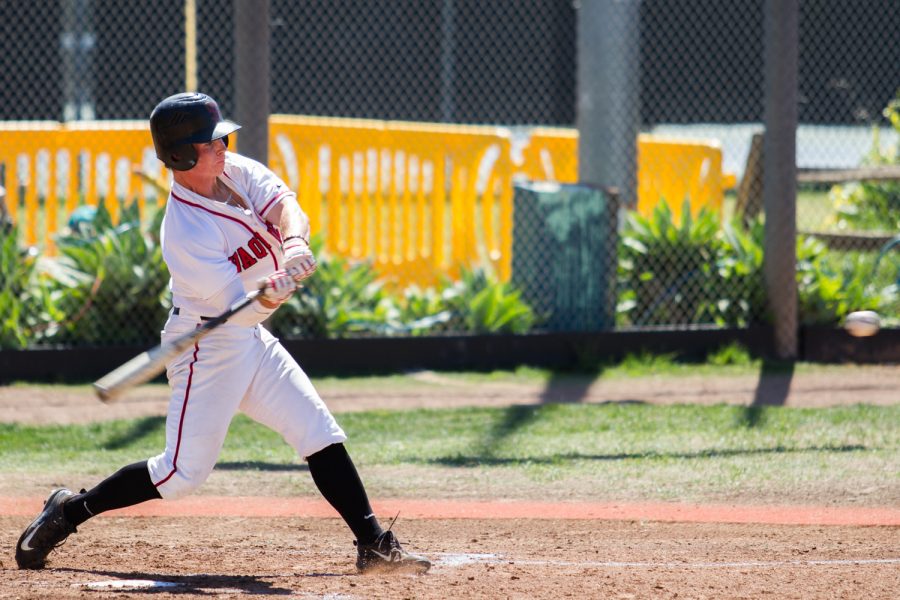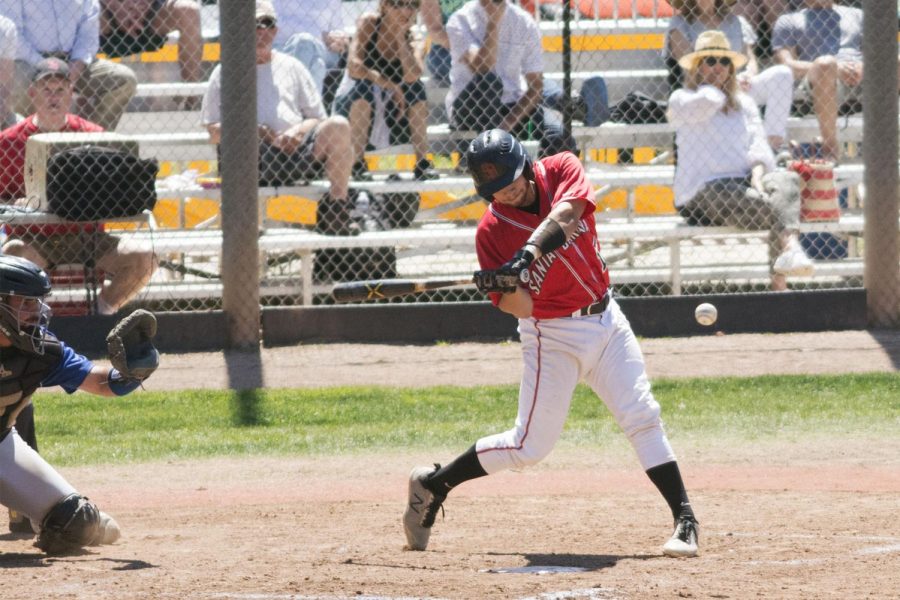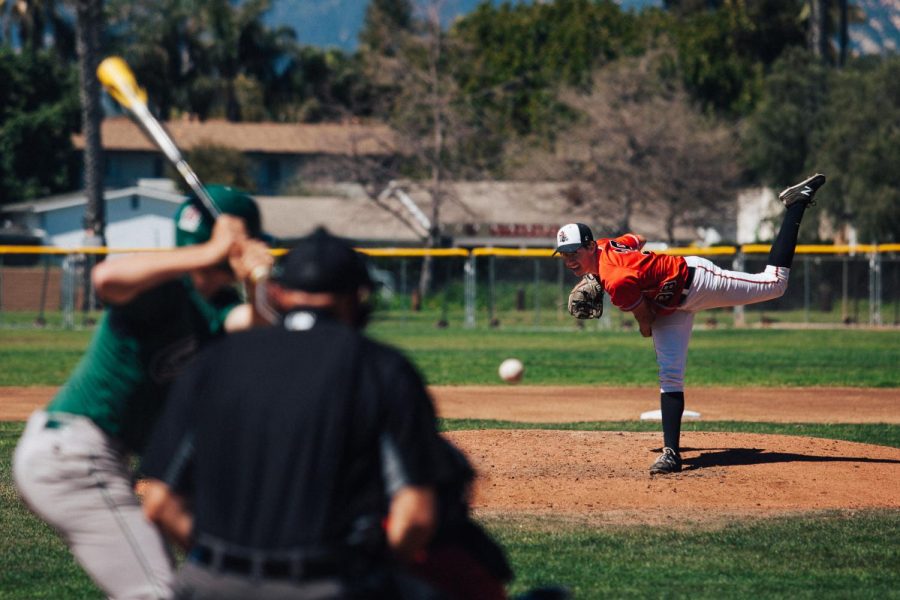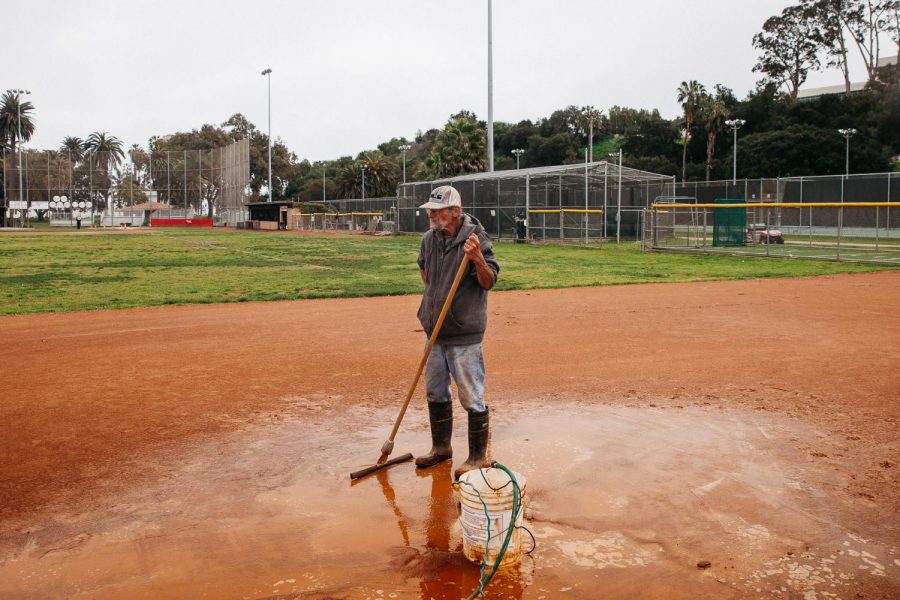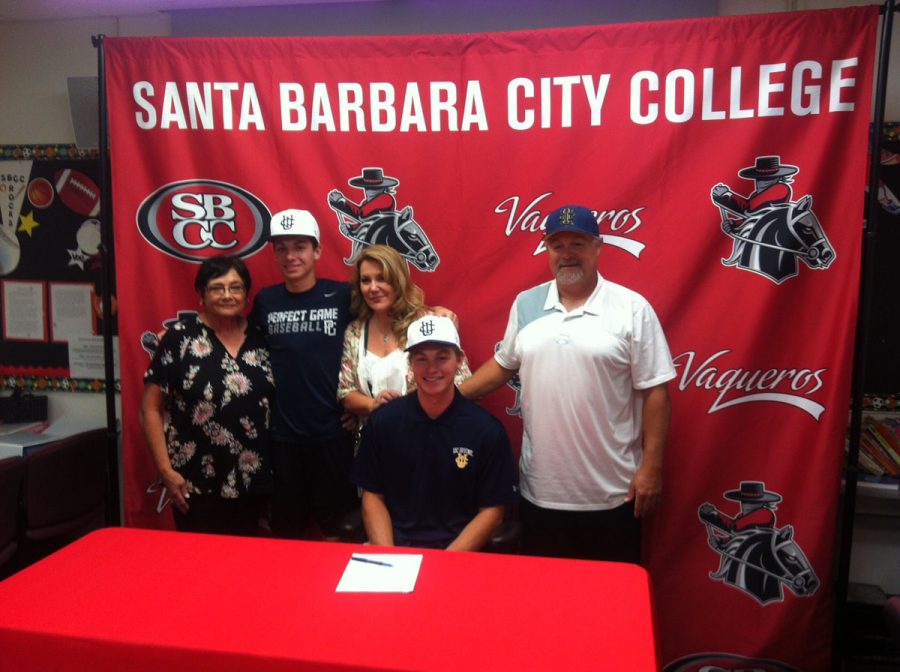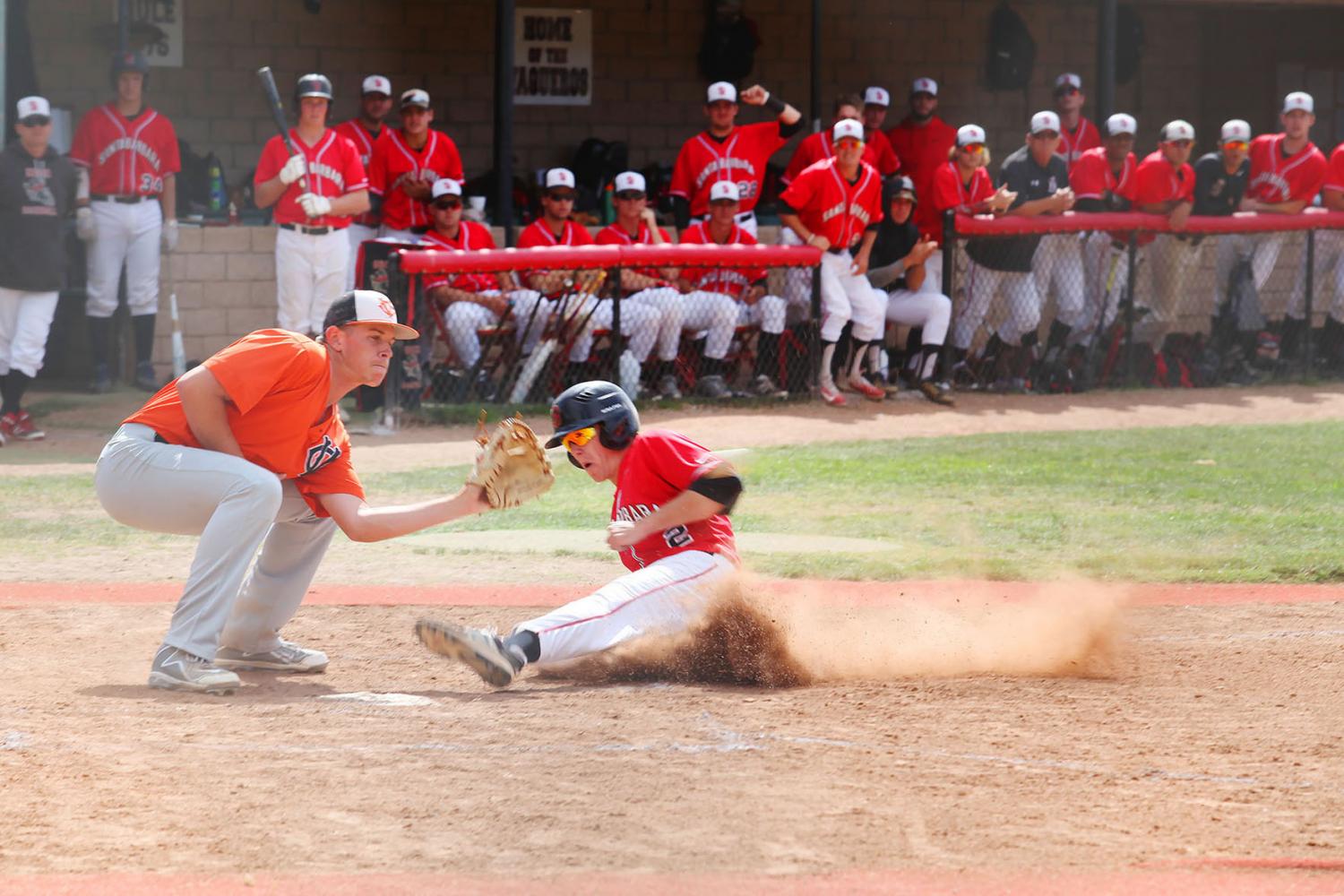“Going, going, gone!”
Babe Ruth, outfielder for the New York Yankees in the 1932 World Series against the Chicago Cubs, pointed up at the sky and predicted where he was going to slam the ball while boos came from the crowd in hopes of his failure.
The bambino was up against Cubs’ pitcher Charlie Root; both clubs gave each other a hard time throughout the game to frustrate their opponent.
Whether he did or didn’t call his shot is still an on-going debate, but the point here is that sometimes “swagger” makes the game a little more exciting. It stokes the fire.
Times have changed since Ruth’s era in the sense of diversity.
Is excessive showboating a problem in Major League games, or is the inability of grown men to control their emotions at fault?
A middle ground solution to the question seems more than attainable.
The recent brawl that emptied both benches of the Milwaukee Brewers and the Pittsburgh Pirates that starred Brewers’ outfielder Carlos Gomez had very little to do with his “swag,” in the batters box and more to do with the disheartened Pirates’ pitcher Gerrit Cole in April 2014.
Gomez looked on in admiration as the ball soared into the sky, as if the ball might never come down.
Well it did. And to the chagrin of Gomez, on the same side of the fence that it had started on. Gomez turned on the after-burners and got to third base after his lack of hustle out of the batter’s box.
As Gomez dusted himself off from a slide, Cole felt the need to walk over to third and shout expletives at the safe runner, which led to fisticuffs, suspensions and fines.
If teaching youth to understand and work together with others (that seem different) is the point of sports, then players must keep their composure. If they can’t, we all lose.
The man that comes to mind when thinking of players with reserve is Jackie Robinson, who broke the color barrier playing for the Brooklyn Dodgers in 1947.
He played for a team where more than half of whom wanted him to leave, most of the time Robinson had to stay in a separate hotel than the rest of the players because of the racial tension.
That would make many Baseball players today rebel and especially showboat after a good play, but not Robinson.
He maintained his professionalism whenever he caught a fly ball, hit a homerun, or stole a base, however, who is to say he wouldn’t have celebrated a little more if he was widely accepted?
Baseball is a worldwide sport. Major League Baseball in America is a melting pot for cultures to clash.
The confusion comes through the fact that if the rule is unwritten or unspoken, how are newcomers to learn of this silent code of conduct? Do they have to abide by it? Players that come from overseas might play with pep in their step in their countries, so why change now?
Tempers flare in sports all the time, but when it gets physically violent, players turn into children fighting in a sandbox.
A batter should be able to have a celebratory moment just like pitchers do. When they hold their hands up and scream, “Yeah!” after they send a batter back into the dugout after a strikeout, or an outfielder that snatched a high ball at the wall pumping his fist in the air in self-accomplishment.
Subtle, individual acts of revelry is fuel to motivate not just your own team, but the rivals as well, igniting that spark of champion we all have ablaze within us.


